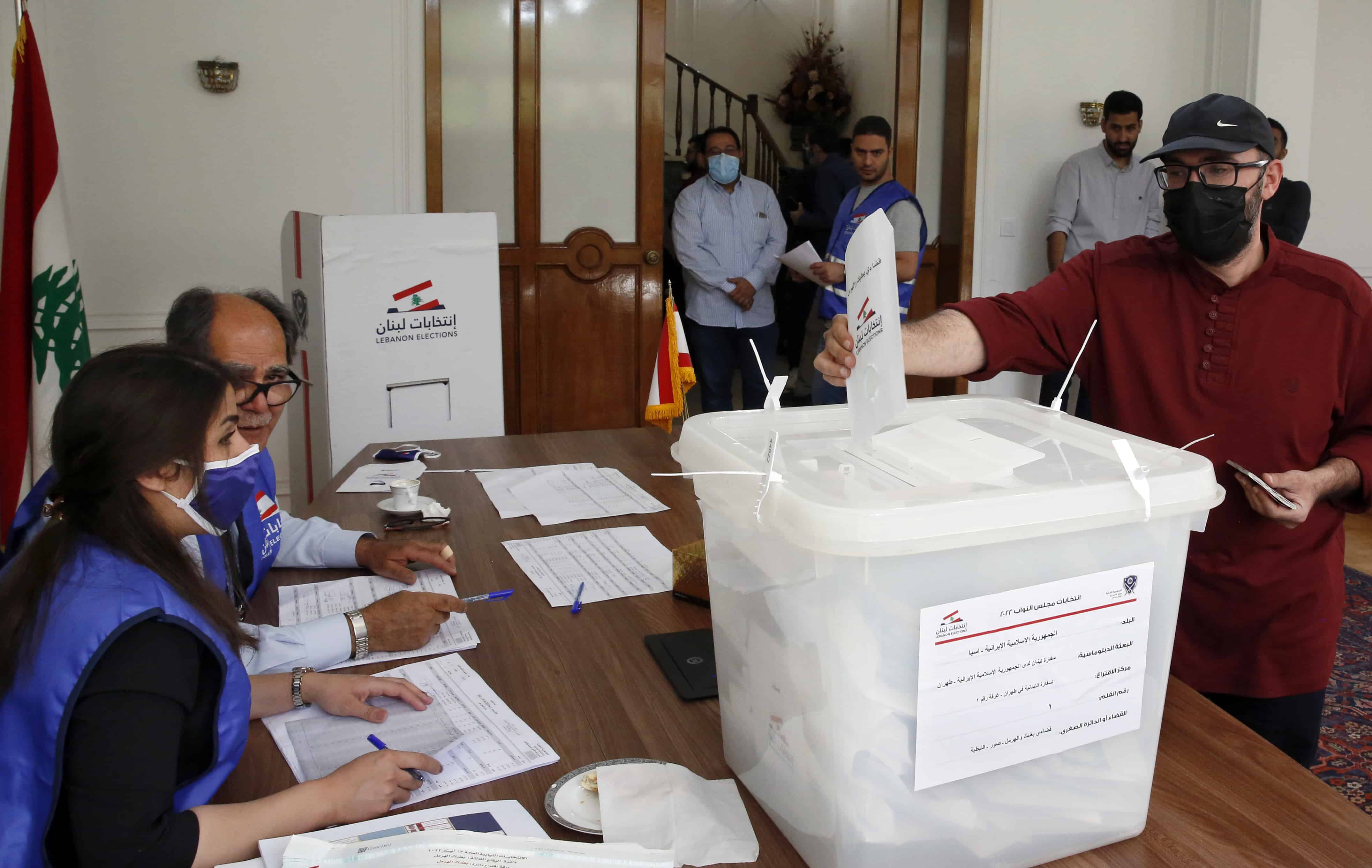A total of 11,268 expatriates in the Arab countries and Iran cast ballot in the presidential election of Lebanon on Friday, according to the official National News Agency (NNA).
This raised the overall turnout of Lebanese expatriates in the poll to 36.43 percent, according to the NNA report.
The voter turnout, at 65.73 percent, was the highest in Iran, followed by 55.98 percent in Syria, 47.95 percent in Oman, and 44.20 percent in Bahrain.
Voter turnout was also good, at 42.03 percent, in Jordan, besides 40.97 percent in Qatar, and 36.11 percent in Kuwait.
It was average or lower than expected in Egypt’s Alexandria (36.43 percent), as well as 32.30 percent in Jeddah in Saudi Arabia, 29.47 percent in Riyadh, 20.91 percent in Cairo, and 16.83 percent in Baghdad.
The election within the country is expected to take place on May 15, under observation from various international agencies.
It is expected to be a referendum on the country’s ruling class, which is widely blamed for the economic crisis that has moved more than four out of the country’s five families into poverty.
At the center of the crisis is the Banque du Liban, the country’s central bank, where billions of dollars are said to be missing.
The resulting cascade of events has included the Lebanese pound losing almost all of its purchase power.
The situation now is such that the country saw its inflation rise above 200 percent in March this year.








